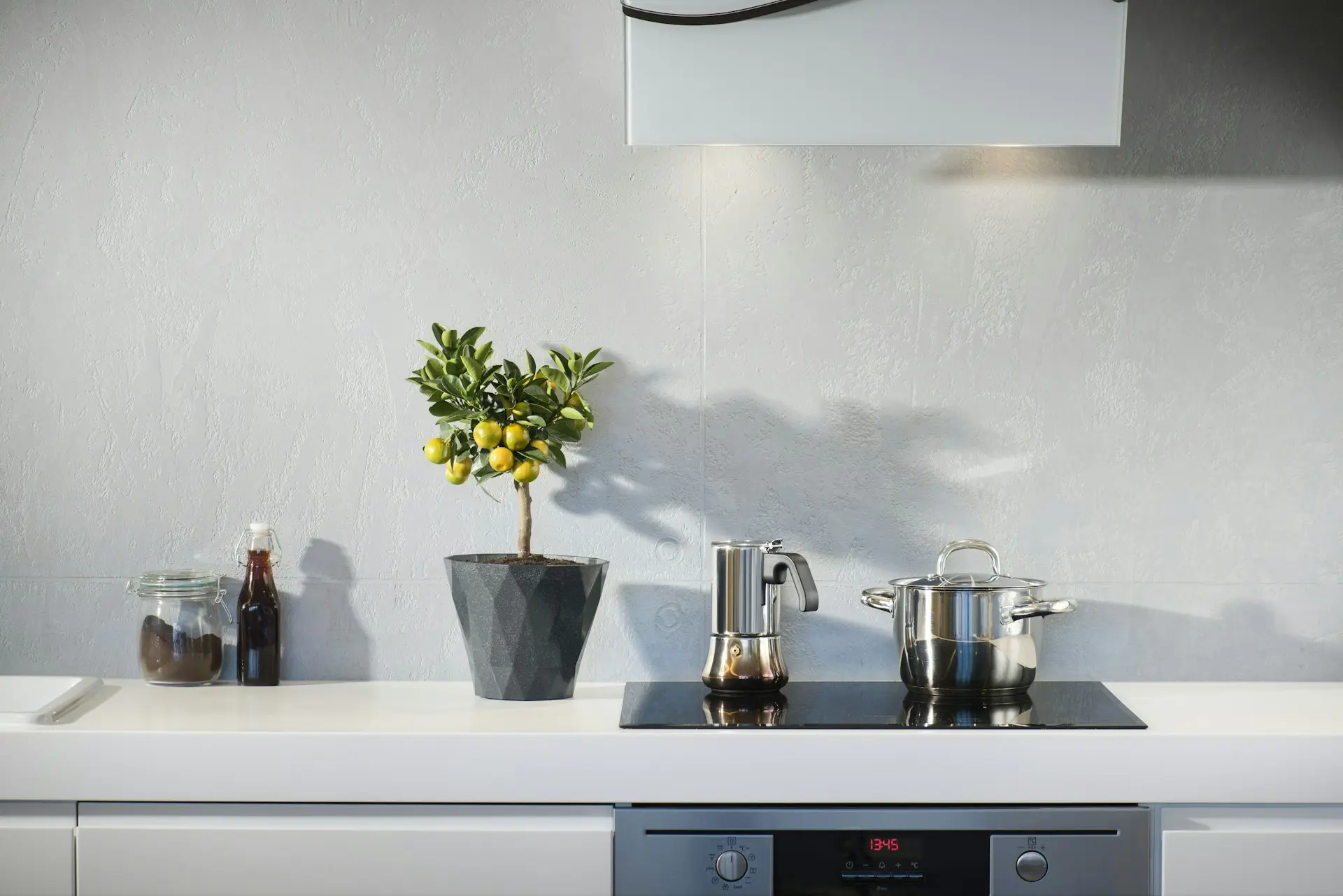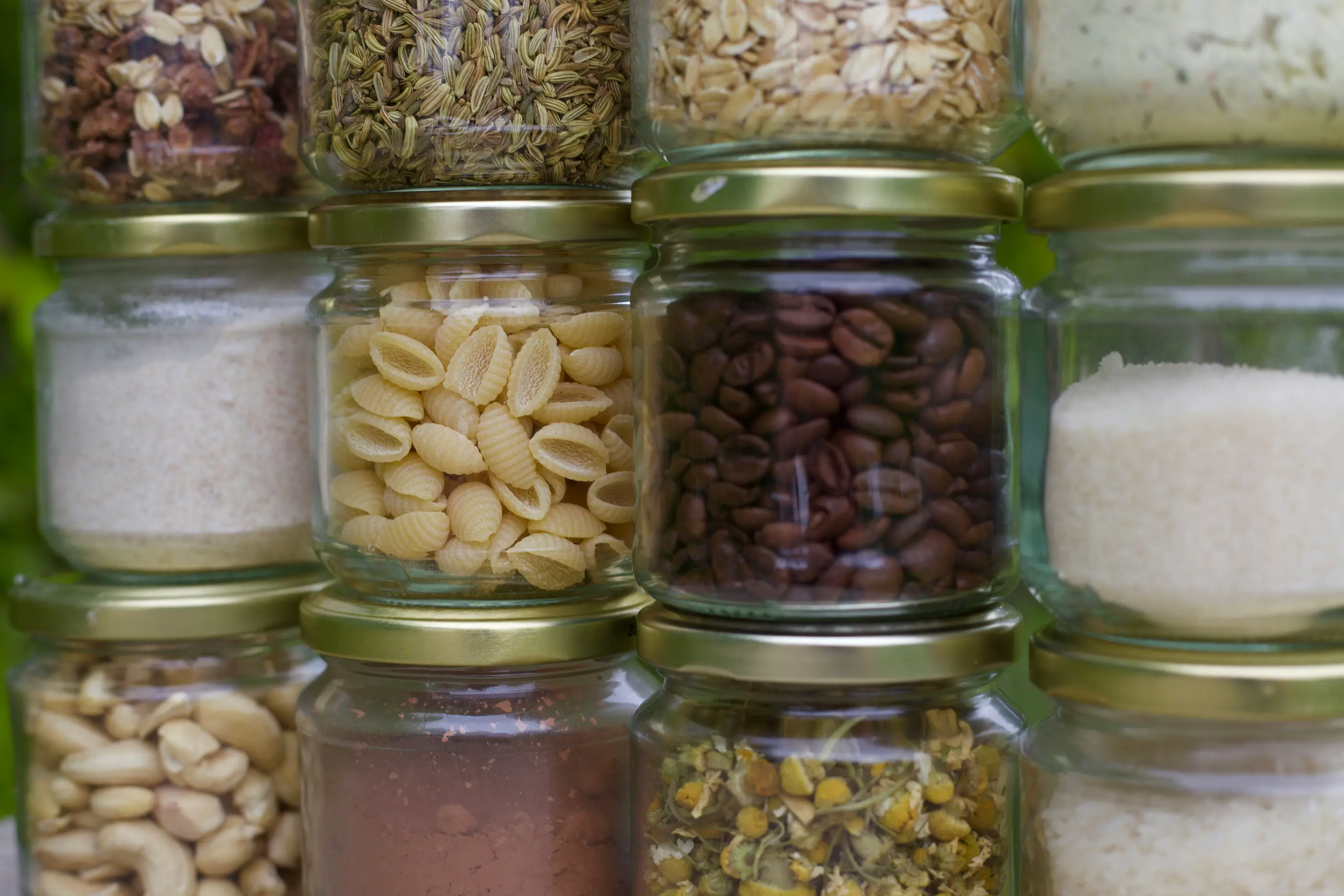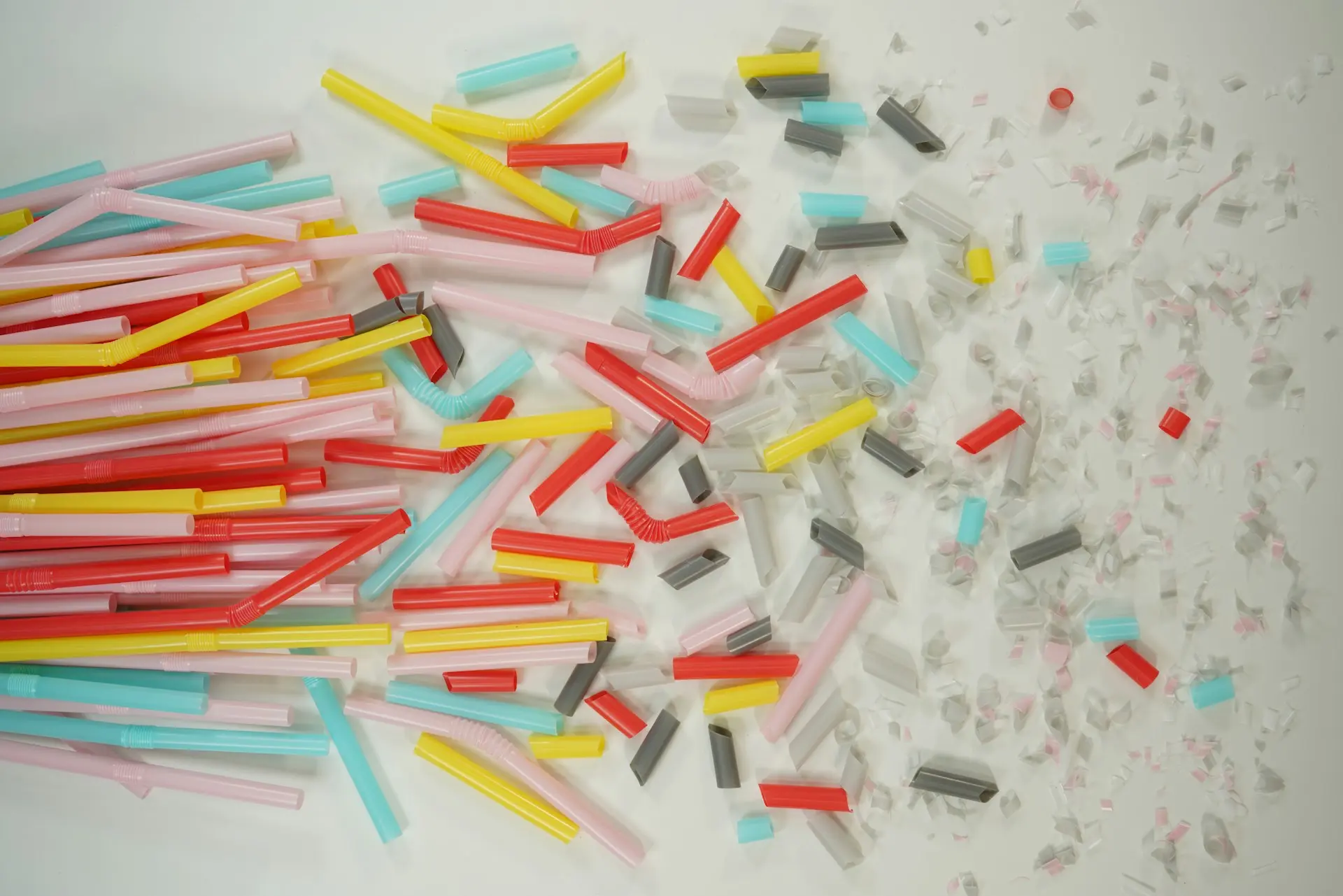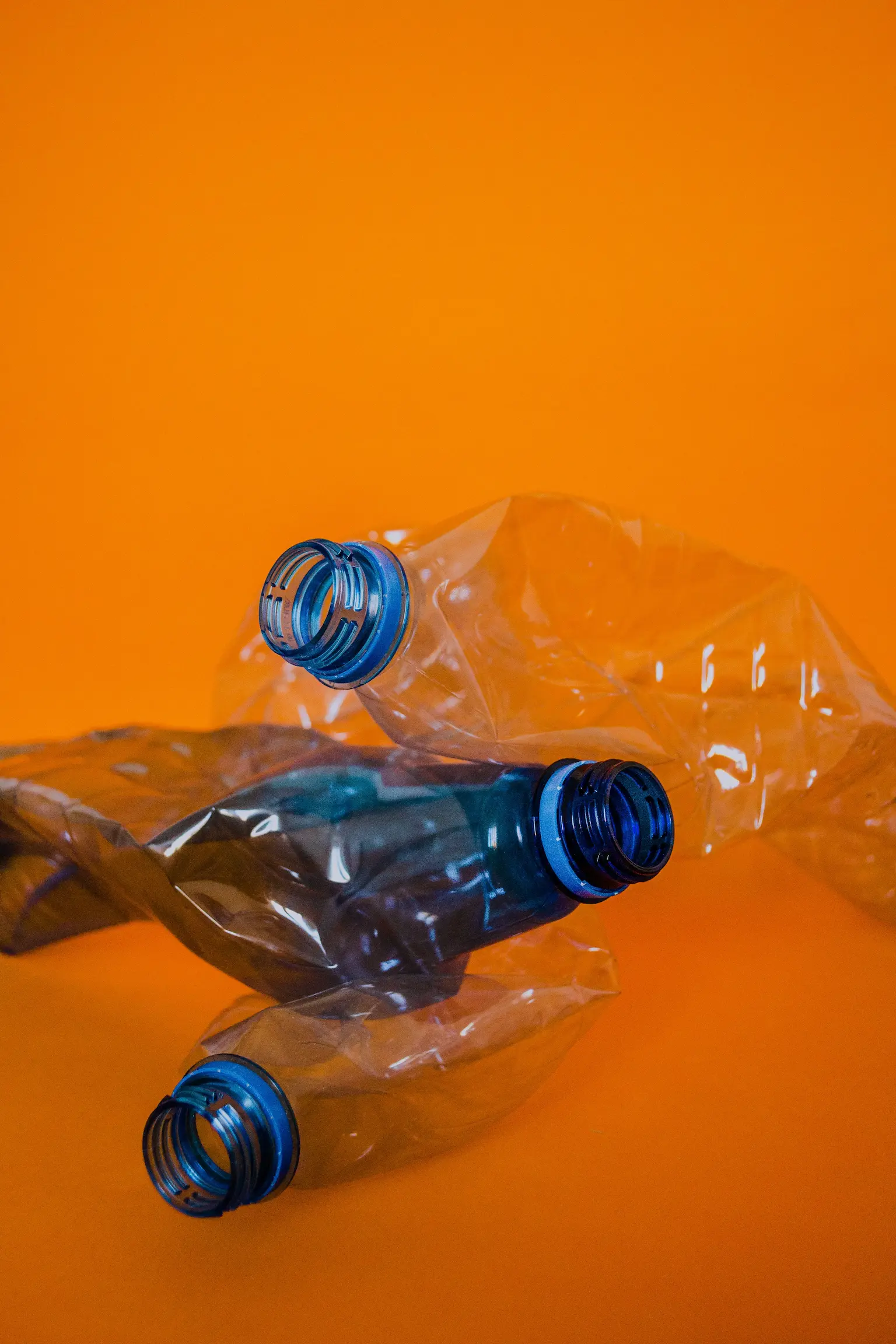10 Plastic-Free Kitchen Swaps That Make a Difference

The kitchen is often the room with the most plastic in our homes. From food storage to cooking utensils, plastic dominates many kitchen items. With rising concerns about microplastics in our bodies and the environmental impact of plastic waste, many people are looking to reduce plastic in their kitchens.
Here are 10 plastic-free swaps that can transform your kitchen into a healthier, more sustainable space:
1. Glass Food Storage Containers
Replace plastic food storage containers with glass alternatives. Glass is inert, odor-resistant, and safe from freezer to oven (lid off). Look for options with silicone or stainless steel lids to avoid plastic entirely.
2. Beeswax or Vegan Wax Wraps
Instead of plastic wrap, use beeswax wraps or vegan alternatives made with plant-based waxes. These reusable wraps can be molded around food or containers with the warmth of your hands and washed with cool water for repeated use.
3. Wooden Cutting Boards
Swap plastic cutting boards for wooden ones. Wood has natural antibacterial properties and won't leach microplastics into your food. With proper care, a quality wooden cutting board can last for decades.
4. Stainless Steel or Wooden Utensils
Replace plastic spatulas, spoons, and other cooking utensils with stainless steel or wooden alternatives. These materials are durable, won't melt or leach chemicals when exposed to heat, and are generally more effective for cooking.
5. Natural Fiber Dish Brushes
Swap plastic dish brushes and sponges for natural alternatives made from materials like coconut fiber, wood, and plant-based bristles. These are compostable at the end of their life and don't release microplastics during use.
6. Cloth Produce Bags
Use lightweight cloth bags for shopping and storing produce instead of disposable plastic bags. Cotton or hemp mesh bags allow air circulation, which can help certain fruits and vegetables stay fresh longer.
7. Glass or Stainless Steel Straws
If you use straws, opt for reusable glass or stainless steel versions instead of plastic. Many come with cleaning brushes and carrying cases for on-the-go use.
8. Cast Iron and Stoneware Bakeware
Invest in high-quality cast iron or stoneware baking dishes and pans. These naturally non-stick surfaces (when properly seasoned or conditioned) reduce or eliminate the need for parchment, foil, or silicone liners. They're incredibly durable, can last for generations, and actually improve with use. For situations where you still need parchment paper, look for unbleached, compostable versions made from FSC-certified sources.
9. Glass or Stainless Steel Water Bottles
Keep hydrated with a reusable water bottle made from glass or stainless steel instead of plastic. These won't leach chemicals into your water, especially when exposed to heat.
10. Natural Fiber Dish Towels
Use cotton or linen dish towels instead of paper towels or synthetic cloths. Natural fibers are absorbent, durable, and won't release microfibers when washed.
Making the Transition
Start with the items that contact your food most directly — see our Kitchen category for vetted alternatives.


